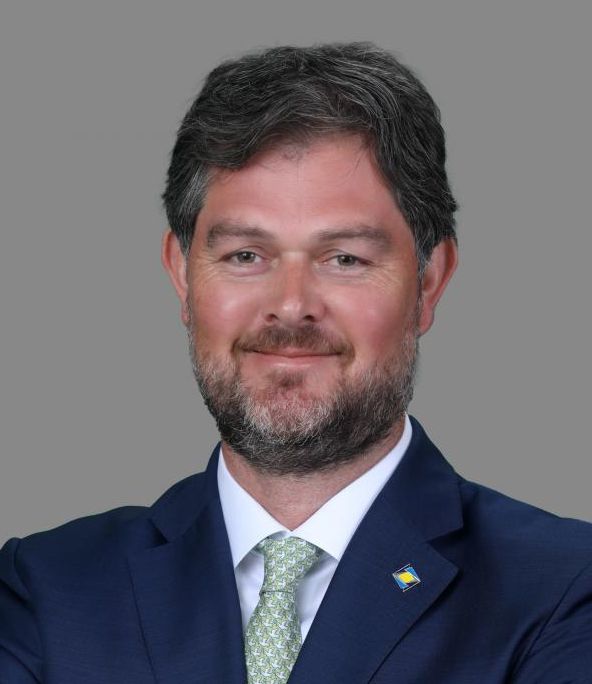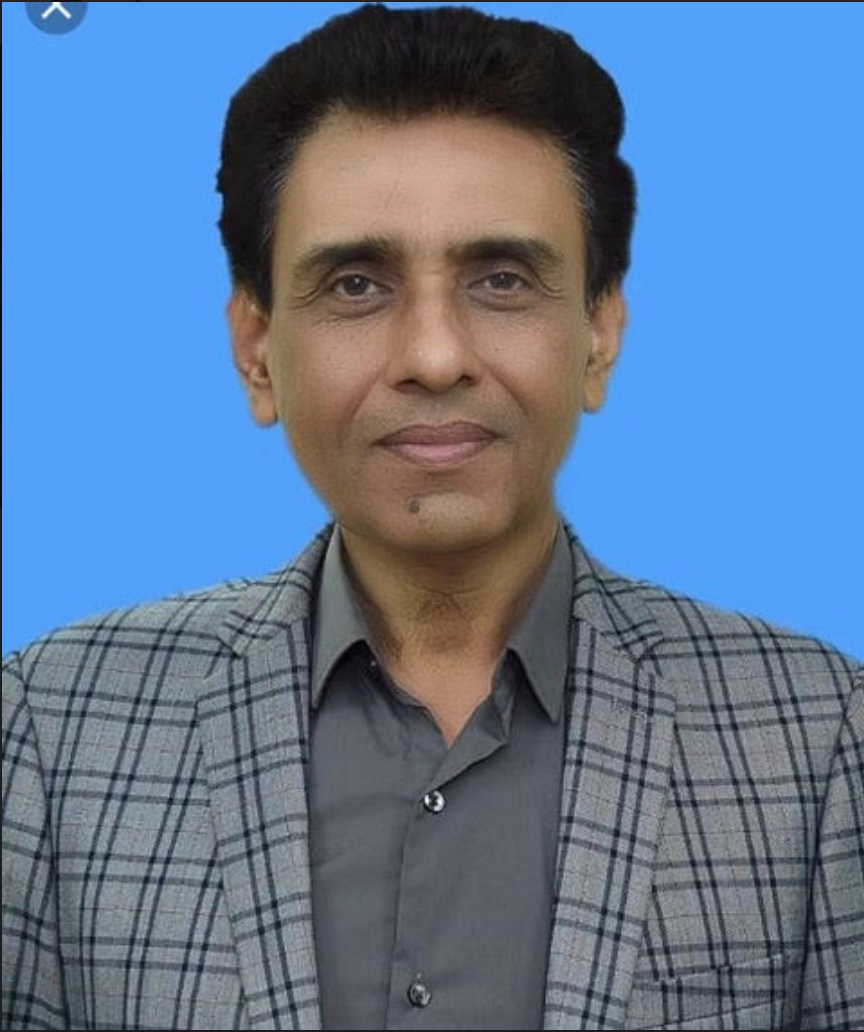Susanna Sciacovelli
Director of the Insular Tourism Foundation of Mallorca (Fundació Mallorca Turisme)
Pioneering a New Era of Responsible Tourism in Mallorca
Inspiration: Mallorca stands at a pivotal moment in its history as a global tourist destination. The island is no longer content with being a seasonal escape; it aspires to become a year-round haven that harmonizes sustainable living with luxury experiences. Leading this transformation is Susanna Sciacovelli, Director of the Insular Tourism Foundation in Mallorca. With a career spanning decades in tourism and aviation, Sciacovelli is spearheading a bold new vision—one that balances the island’s natural beauty and rich culture with the pressing need for sustainability. In this exclusive interview, she shares her insights on Mallorca’s future, the importance of responsible tourism, and how the island is positioning itself as a model for sustainable travel worldwide.
You have an extensive background in tourism and aviation. How did your journey lead you to your current role as Director of the Insular Tourism Foundation in Mallorca?
“I’ve been in this role for a year and a half now, but my journey with tourism began more than 30 years ago. I initially worked in consulting with Arthur Andersen before transitioning into the airline industry, holding key roles at companies like Air Berlin and Vueling. My connection with Mallorca dates back to my time as Director of Tourism for the Balearic Islands 20 years ago. Returning to Mallorca in this capacity feels like a natural progression, especially as the island embarks on redefining its tourism model towards sustainability. I’m thrilled to be part of this transformative chapter.”
Mallorca is at a crossroads, balancing tourism with sustainability. What sets the island apart in becoming a global model for responsible tourism?
“Mallorca has always been a leader in tourism, but now we aim to be pioneers in responsible tourism. The foundation of this shift is the Cape Town Declaration, which emphasizes that tourism should create better places to live and visit. Responsible tourism isn’t just about tourists; it’s about residents as well. Our strategy is based on four key pillars—what we call the four Cs: Climate, Communities, Coexistence, and Collaboration.
Climate involves protecting our environment and addressing climate change. Communities focus on preserving our heritage, traditions, and local products. Coexistence is about ensuring that residents and tourists can live harmoniously, acknowledging that tourists are temporary residents. Finally, Collaboration emphasizes the importance of public-private partnerships to achieve these goals. These principles guide everything we do, and they represent a significant shift from traditional tourism promotion to raising awareness and responsibility.”
How is the Insular Tourism Foundation implementing this vision through its campaigns and initiatives?
“We’ve launched several initiatives to promote responsible tourism. Our Responsible Tourism Pledge, based on the UN’s Agenda 2030, encapsulates Mallorca’s commitment to sustainability. Each letter of the word ‘Mallorca’ represents a key message. For example, ‘M’ stands for ‘Mallorca as your shared home,’ encouraging both residents and visitors to treat the island with care.
We’ve also partnered with airlines, tour operators, and online travel agencies to spread this message. Instead of traditional promotional campaigns, we focus on raising awareness through boarding passes, social media, and frequent flyer programs, particularly during peak travel seasons. Additionally, we’ve run targeted campaigns in mature tourist areas to promote respect and sustainability.
Our social media channels showcase Mallorca’s hidden gems—artisan markets, local products, and nature trails—to encourage visitors to explore beyond the usual tourist spots. The goal is to reveal the authentic Mallorca and inspire travelers to engage with the island in a meaningful way.”
You mentioned that coexistence between residents and tourists is crucial. How do you address this balance, especially given Mallorca’s large influx of visitors?
“Mallorca receives around 18 million tourists annually, compared to a population of one million residents. This creates a significant impact on our environment, society, and economy. We view residents as permanent residents and tourists as temporary residents. The key is coexistence.
We’ve shifted our focus from promoting the island to raising awareness about how to care for it. Tourists need to understand that they have a role in preserving the island’s beauty, from respecting local traditions to using sustainable transportation and accommodations. Our campaigns emphasize practical steps visitors can take, such as reducing water and energy consumption and protecting our marine ecosystem.”
Mallorca is increasingly attracting new markets, including the U.S., Middle East, and Asia. How are you adapting your strategies to reach these audiences?
“The U.S. market, particularly the East Coast, is a growing focus for us. We conducted surveys to understand their perceptions of Mallorca, and we were pleased to see that many view the island as a leader in responsible tourism. Their primary interests are culture and gastronomy, which aligns perfectly with what Mallorca offers.
We’ve also started direct promotions in these markets, including the ‘Mallorca in Essència’ campaign, which brings our local culture and cuisine to major trade fairs like WTM in London. The presence of luxury hotel brands such as Four Seasons and Mandarin Oriental further enhances the island’s appeal to international travelers. However, we’re not just targeting luxury tourists; we define a quality tourist as someone who respects and appreciates the island, regardless of their budget.”
What role does sustainability play in Mallorca’s long-term tourism strategy?
“Sustainability is at the core of everything we do. We’re focused on preserving our natural resources, particularly water and energy. For example, we encourage the use of reusable water bottles and promote accommodations that prioritize sustainability.
We also highlight the importance of protecting our marine ecosystem. Posidonia, the seaweed that gives Mallorca’s waters their turquoise color, is vital to our marine life. We educate visitors on how to protect it by avoiding anchoring boats in these areas, as it takes over 100 years to regenerate.
Our long-term goal is to achieve ‘net positive tourism,’ where the benefits to the environment, society, and economy outweigh the impact. It’s about creating a future for Mallorca that’s sustainable and prosperous for generations to come.”
What final message would you like to share with viewers of this documentary, especially those unfamiliar with Mallorca’s transformation?
“Mallorca is undergoing a remarkable transformation. We are committed to becoming a leader in sustainability and responsible tourism. I invite everyone to see Mallorca not just as a beautiful destination, but as a place where culture, history, and nature are deeply valued.
Come to Mallorca, immerse yourself in our traditions, enjoy our gastronomy, and explore our stunning landscapes. But most importantly, take care of the island. It’s a shared responsibility to preserve Mallorca for the next generations. The future of tourism is about making a positive impact, and Mallorca is leading the way.”




